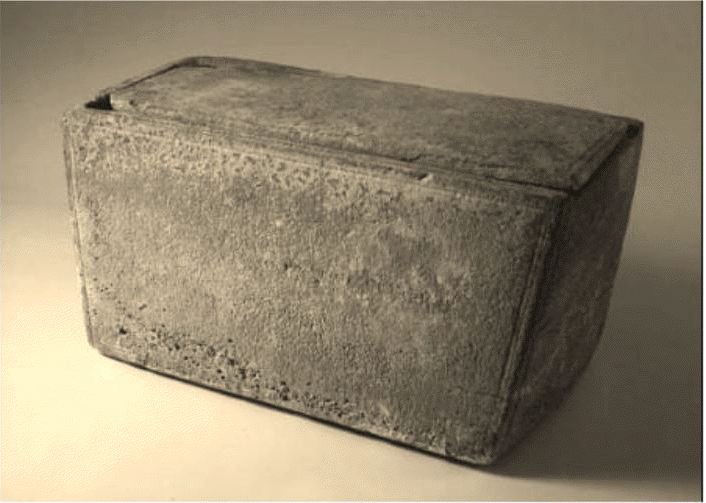ther•sit•i•cal (ther-SIT-i-kuhl) adj
Definition:
scurrilous; foulmouthed; grossly abusive
Origin:
1640–50; after Thersites, in the Iliad, an ugly, loud, abusive Greek soldier in the Trojan War, L < Gr Thersite-s < dial. (Lesbian) thersos, boldness
Related:
Synonyms: scurrilous, foul-mouthed, caustic, abusive
Sentence Examples:
• "Richard Taruskin, the meticulous scholar I first met eight years ago and through correspondence came to know and like, has lately turned into a sloppy, thersitical journalist, more judgemental than Dr. Johnson." -The danger of music: and other anti-utopian essays, Richard Taruskin, 2009
• And first, it may be said, there is a pelting kind of thersitical satire, as black as the very ink ’tis wrote with——(and by the bye, whoever says so, is indebted to the muster-master general of the Grecian army, for suffering the name of so ugly and foul-mouth’d a man as Thersites to continue upon his roll——for it has furnish’d him with an epithet)——in these productions he will urge, all the personal washings and scrubbings upon earth do a sinking genius no sort of good——but just the contrary, inasmuch as the dirtier the fellow is, the better generally he succeeds in it. -The Life and Opinions of Tristram Shandy, Laurence Sterne
• It seemed to bear a thersitical message of malevolence and intent to harm. Why this self-appointed friend, mere acquaintance to him, should resort to such disquieting shenanigans, manifested by ominous mimicry and threatening contortions, Fuchs could not imagine. -Twelve O'Clock Sharp, Michael Eisele, 2006
The Storyline
... which was pierced by a theristical tirade, from the man Anna had just helped, regarding the insufficiency of the assistance.
Why This Word:
Here was the situation in the Iliad. Agamemnon, the lord of men, tried to test the mettle of the Greek troops by urging them to retreat home. After Agamemnon's speech, Thersites arose and railed at the leader. He is described as a bandy-legged, homely hunchback with one club foot and clumps of scraggly hair. He does not conceal his absolute scorn for the leader whom he accuses of taking all the best spoils of war from men (i.e., Achilles) who are superior to him. Odysseus then arises and beats Thersites into silence.
It always seemed strange to me that Thersites/thersitical dropped out of the language, though the OED has attests its use once in the 20th century. After all, reference to Stentor's magnificent voice, mentioned in Book V of the Iliad, bequeathed the adjective "stentorian" to us, so that one often hears reference to the stentorian voice of House doorkeeper who intones, "Mr. Speaker, the President of the United States." Thersites appears in Book II of the Iliad, arguably before one can get too bored to lay down the book. And, to top it off, his abuse of Agamemnon before the assembled troops makes him a much more memorable creature than Stentor. Nevertheless, he has been lexically short-shrifted.
Sources: Dictionary.com, Dr Bill Long
Word-E: A Word-A-Day


